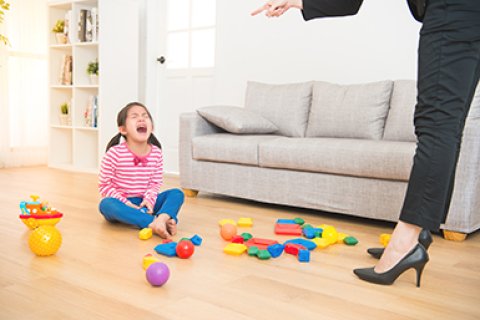The Role of Parental Self- and Emotion Regulation in Parenting

The Role of Parental Self- and Emotion Regulation in Parenting: Fathers vs. Mothers
Self-regulation is crucial for success in modern society and poor self-regulation is central in the development of psychopathology. It is therefore highly important to examine early determinants of self-regulation, to identify potential targets. It is generally acknowledged that self-regulation is intergenerationally transmitted and develops within the caregiver context. This study will examine self- and emotion regulation as potential important predictors and maintaining factors of parenting, potentially indirectly predicting children’s self-regulation and adjustment. In the current study, we aim to bridge two gaps in the current literature. First, despite consistent recognition that fathers are ignored in developmental research, most research on parenting is still conducted with mothers only.
This study will be the first to examine paternal self-regulation. Second, self- and emotion regulation are broad umbrella terms with many operational definitions and studies on parental self- and emotion regulation have thus used different measures, ranging from measures of behavioral indicators of cognitive self-regulation (executive functioning) as well as questionnaire-based measures of emotion regulation strategies. Therefore, we will examine what the unique roles of executive functioning versus emotion regulation are, or whether they perhaps interact in predicting parenting. We will examine the roles of self- and emotion regulation among other known predictors of regulation such as sleep problems and parental psychopathology.
Researchers
Collaboration
- Texas A&M University (dr. Steven Woltering, Yajun Jia)
- University of Massachusetts Amherst (Kirby Deater-Deckard)

